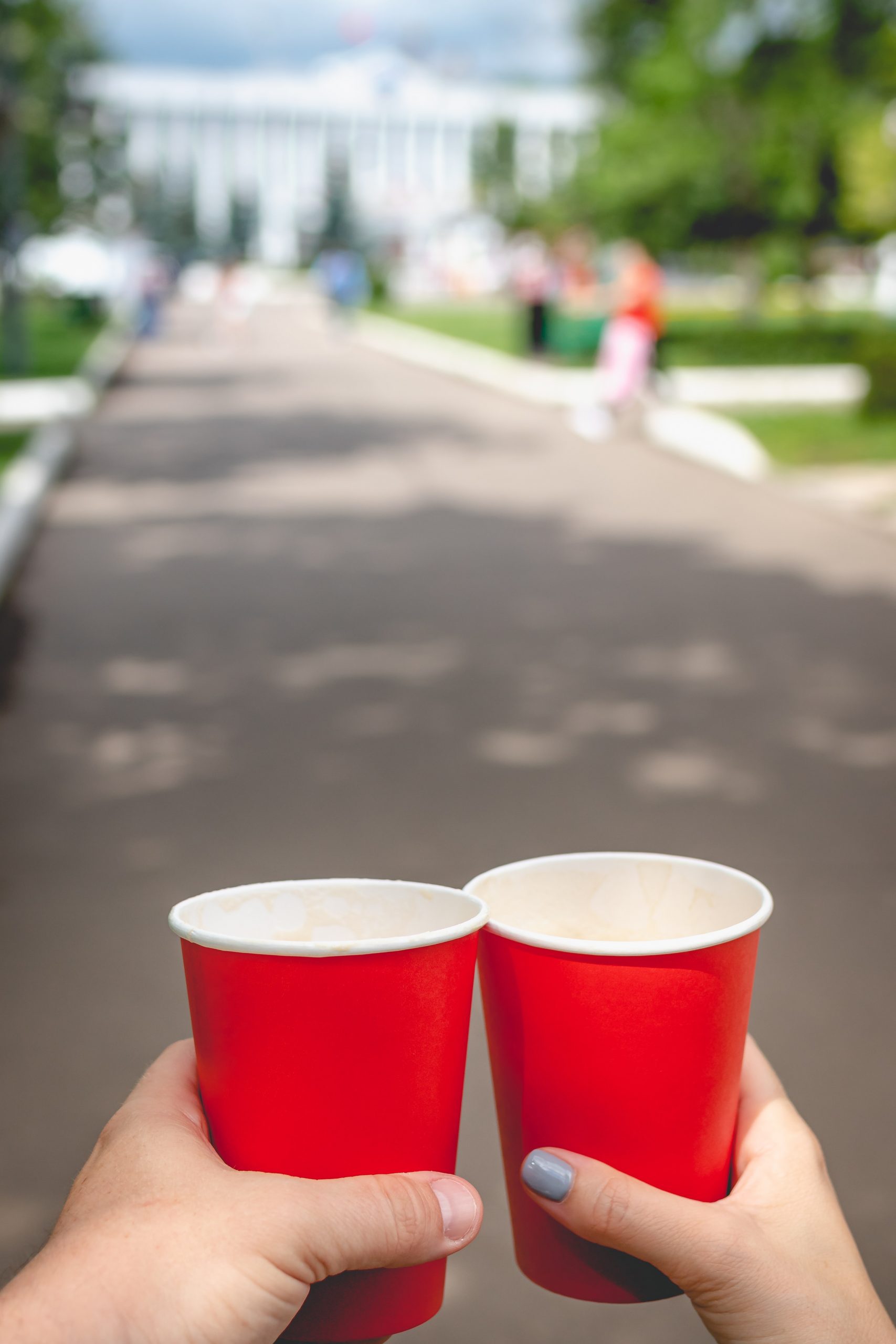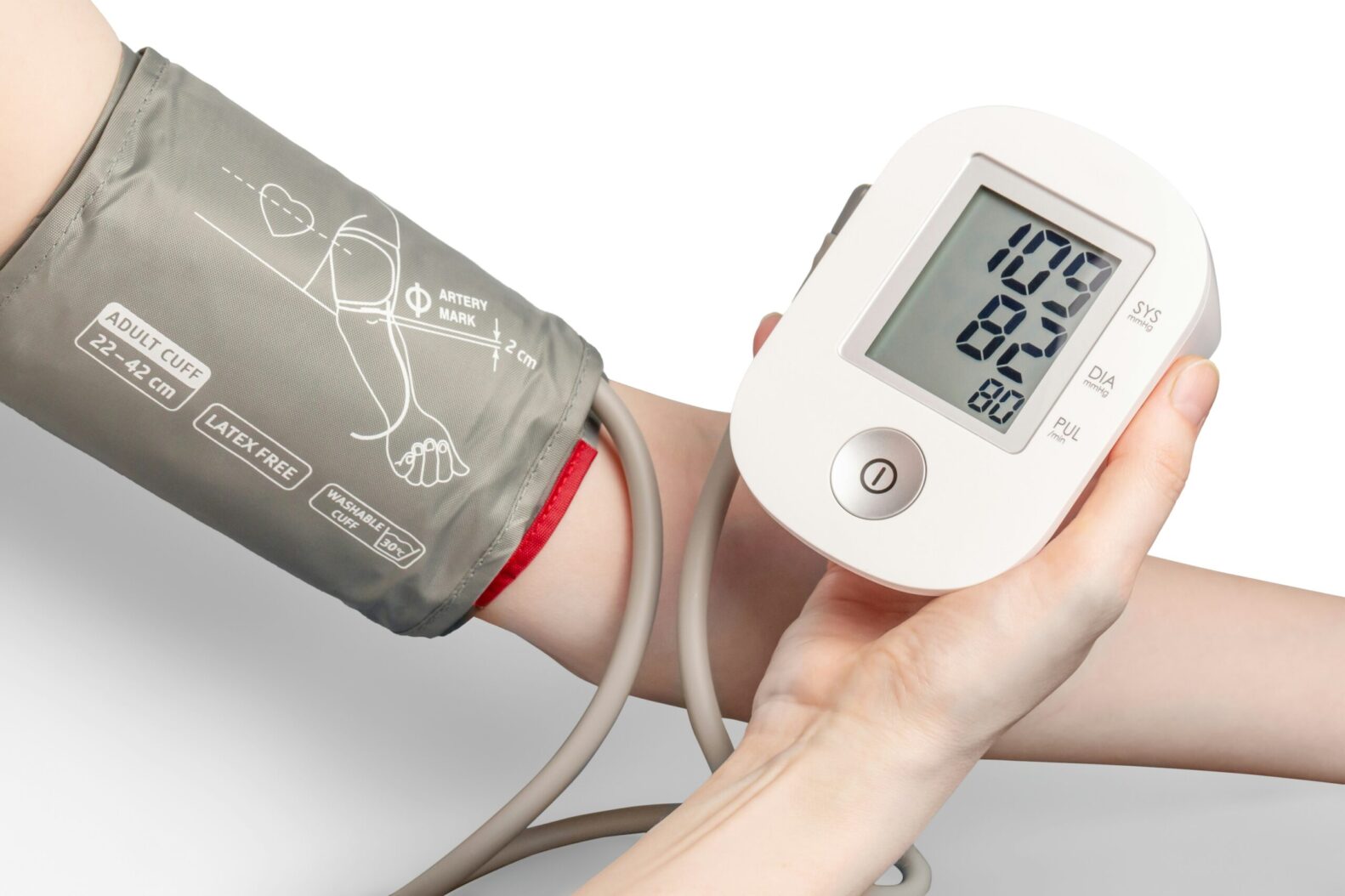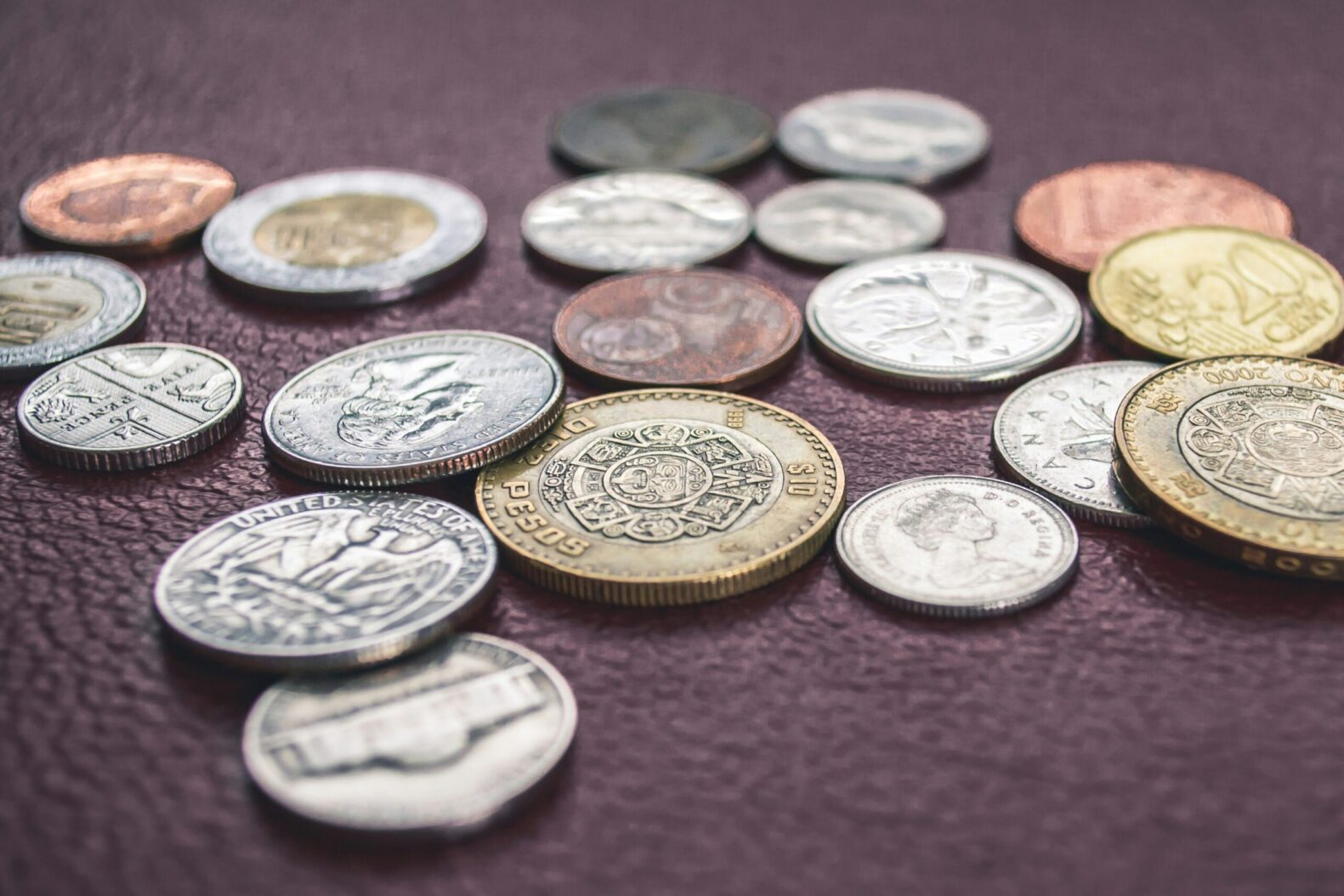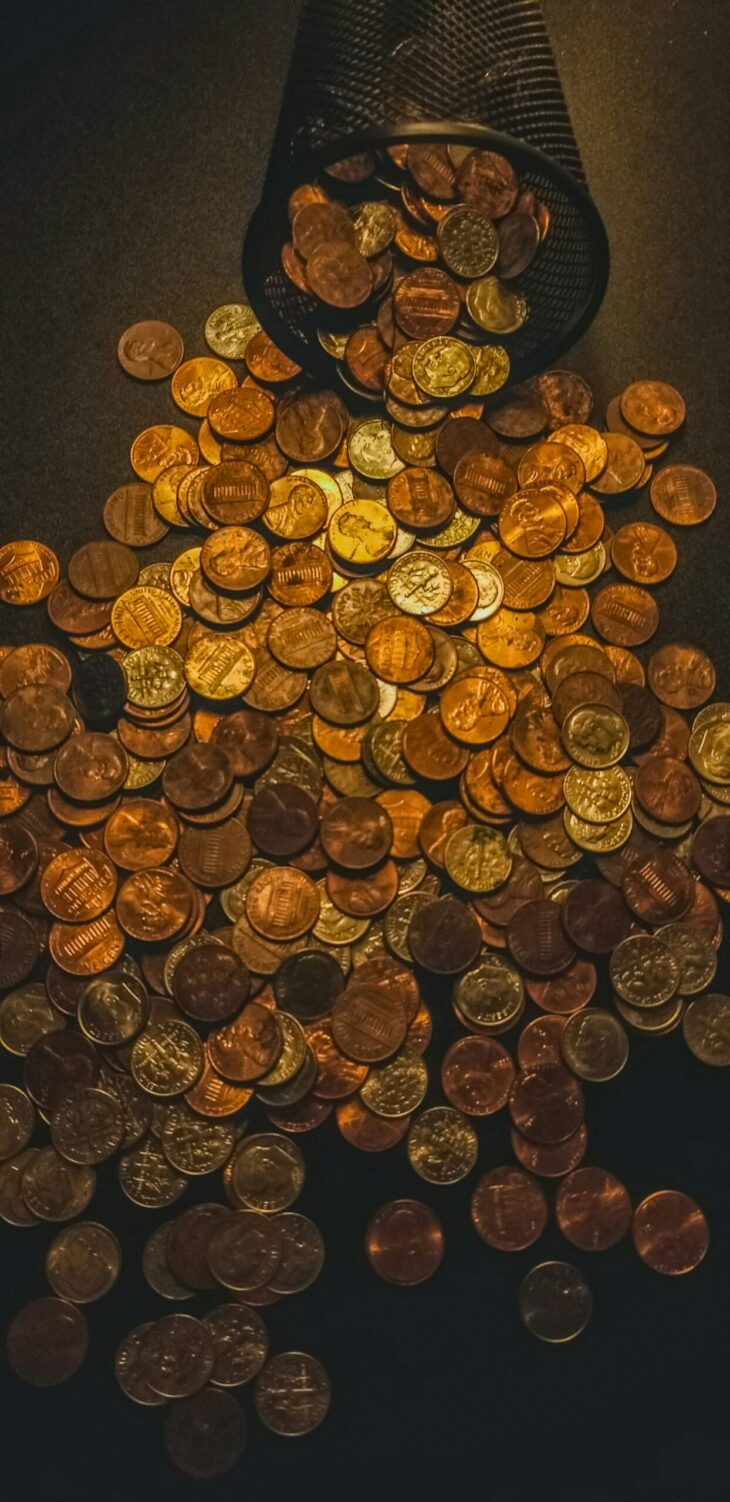
Companies come up with new ways to deal with coffee waste!
Caffeine consumption in the United Kingdom amounts to about 35 billion cups per year, but this comes at a significant environmental cost. About 2.5 billion coffee cups are discarded each year, with nearly a thousand tonnes of brewed coffee waste ending up in landfills.
The coffee industry continues to contribute to the United Kingdom’s carbon emissions, which are projected to be carbon-neutral by 2050.
Despite the fact that the pandemic has hampered its adoption, organisations such as the Wildfowl & Wetlands Trust (WWT), which has centres throughout the UK, Columbia University in New York, and Burger King have all adopted the cup. In Indonesia, the fast-food conglomerate seems to enjoy serving ice cream.
There’s a cup called a ButterflyCup that’s completely made of paper and has no plastic shell or cover. Instead, even after the drink has been spilled, users make the cap by folding two simple bends. A pair of Irish entrepreneurs came up with that one. “We believe it is the world’s most environmentally friendly disposable cup,” says Tommy McLoughlin, founder, and CEO of ButterflyCup. ( As per BBC News)
The beverage owner has also been put to the test by a large purchaser and supplier.
Mr. McLoughli claims that the cup is slightly more expensive than regular disposable plastic cups. This will discourage some major retailers from adopting it, as their profit margins are razor-thin on such a large scale.
On the other hand, the ButterflyCup is less costly than biodegradable cups with separate cups and lids. Even though there appears to be no plastic covering or seal on the object, recycling it poses some challenges.
Traditional recyclers will only accept cups if they are collected separately due to contamination concerns. While the content may be shredded with other materials such as cardboard, traditional recyclers will only accept cups if they are collected separately due to contamination concerns.
Even if the seller put this cup, or similar ones, in the recycle bin, Mr. McLoughlin believes it will be rejected at the recycling center – at least for the time being.
The cups, on the other hand, can be composted or biodegraded naturally.
Source: BBC News






